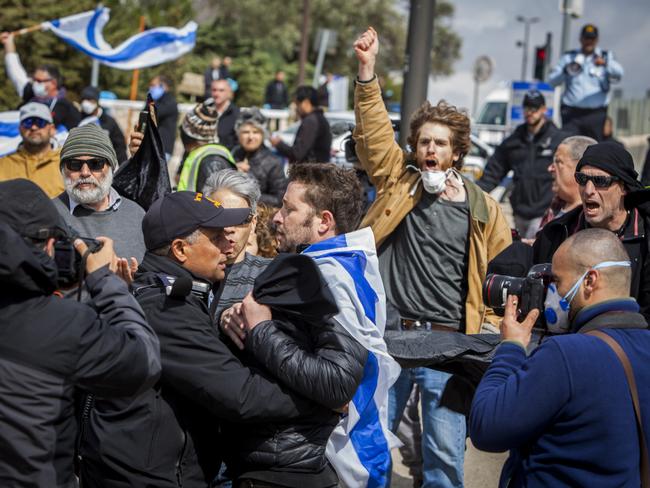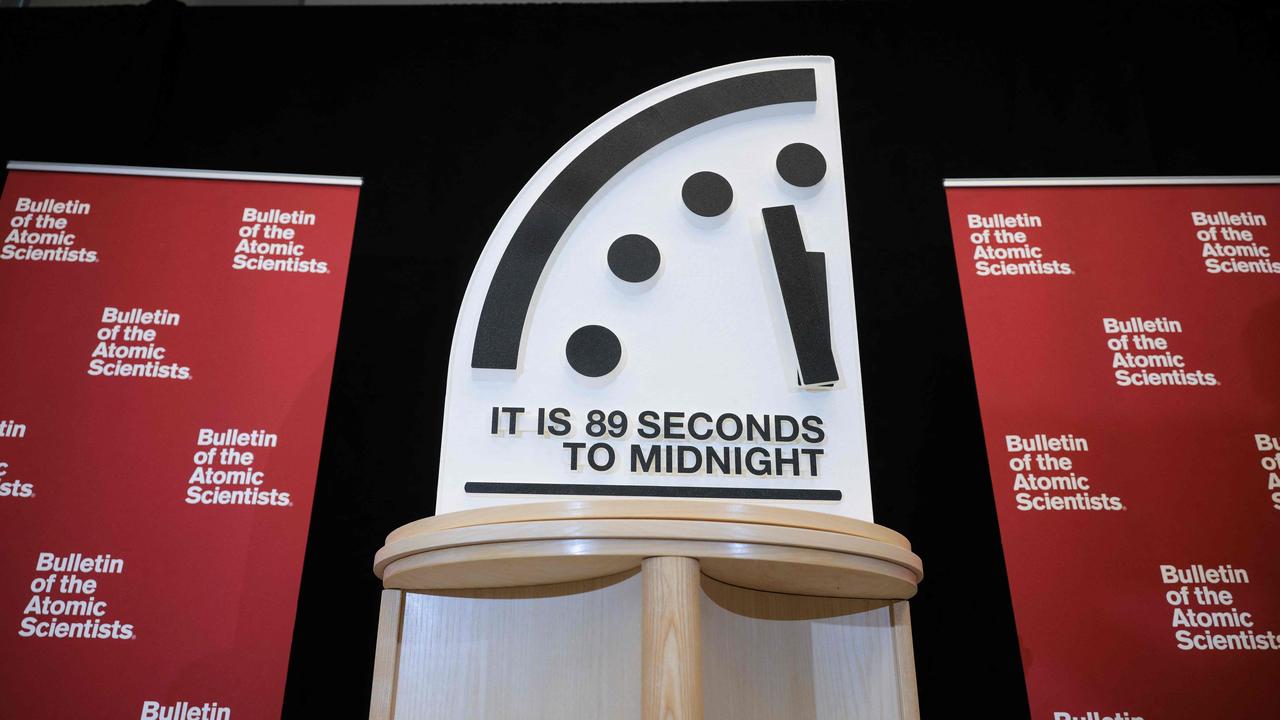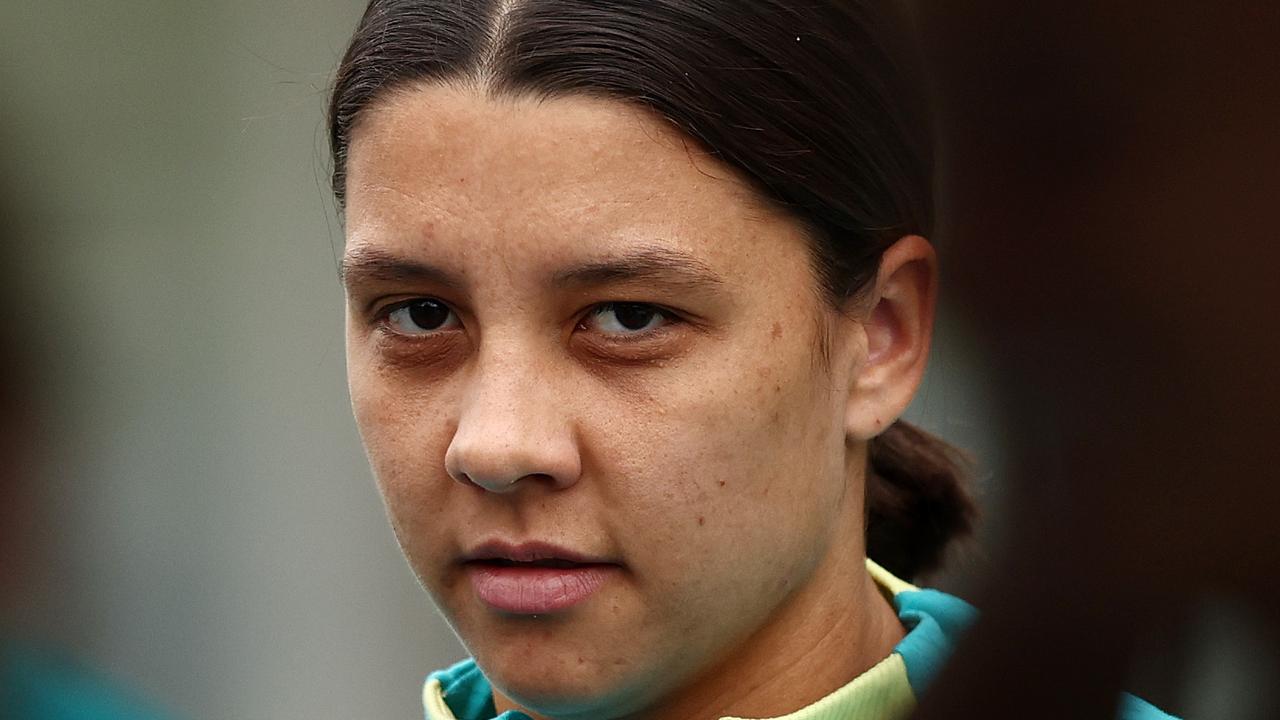Talking Point: Beware of power-hungry states seizing this ‘whatever it takes’ moment
GREG BARNS: Authorities grab power in crises

Opinion
Don't miss out on the headlines from Opinion. Followed categories will be added to My News.
WITH every crisis comes a chance for a power grab by the state to encroach on citizens’ lives.
Emergency powers may be necessary in the context of combating an existential threat, or something approaching it, governments have a habit of extending their use in more peaceful times.
The preparedness of political leaders to dust off emergency powers and control lives on the basis of fighting a “war” will be no different. We must be vigilant to ensure we push back.
9/11 and the “war on terror” is a case in point. Since that event nearly 20 years ago we have seen in Australia alone, more than 80 pieces of so-called anti-terror legislation.
We live in a world of routine abuse of power by police, ASIO and ASIS. Where all our data is swept up and handed to the Americans. And where governments, such as that in Tasmania, hands over our drivers’ licences for a national face recognition database.
The anti-terror law model has been used to pass laws shutting down protests, and detention laws to allow routine sweeping off the streets of individuals who are not permitted to tell their family they are being detained.
We now see the blunt instrument of the criminal law and allied law enforcement powers such as biosecurity being made available by the state to force individuals to self-isolate, and to ban gatherings of people.
In Tasmania the Government is proposing surveillance of individuals who come back into the state after travelling to the mainland. Home detention on a 24/7 basis is required for 14 days according to the Government, and failure to do so will lead to fines or jail terms.
Some more cynical politicians, and there is none more so than the authoritarian Peter Dutton, the Home Affairs Minister, will potentially use the crisis to seek an expansion of face recognition surveillance.
He will argue, and state and territory politicians will go along with it, that the face recognition surveillance database he wanted up and running but was condemned by the parliamentary committee on security last year, needs to be operational so police and biosecurity agents can hunt those breaking self-isolation laws.
No doubt there will also be implemented by the Federal Government what is already being mooted in the US and other jurisdictions, which is mobile device tracking en masse to ensure social distancing and self isolation is being complied with by the population.
The Seattle Times reported on Thursday that the “US government is in active talks with Facebook, Google and a wide array of tech companies and health experts about how they can use location data gleaned from Americans’ phones to combat the novel coronavirus, including tracking whether people are keeping one another at safe distances to stem the outbreak”.
Public health officials “are interested,” the paper reported, “in the possibility that private-sector companies could compile the data in anonymous, aggregated form, which they could then use to map the spread of the infection, according to three people familiar with the effort.”
This might sound fine in this whatever-it-takes moment, but the impact on privacy is frightening. Every meeting, every encounter, every place visited of every day would be available to government.
Israel Prime Minister Benjamin Netanyahu has enraged many by adopting mass surveillance to “protect” against COVID-19.
One opposition politician, Nitzan Horowitz, who leads the liberal Meretz Party observed that surveilling citizens “using databases and sophisticated technological means are liable to result in a severe violation of privacy and basic civil liberties”.
What guarantee would there be that police and security agencies would not misuse data to surveil and spy for other purposes, when as a matter of law they should have a warrant?
As Human Rights Watch said: “in the context of serious public health threats and public emergencies threatening the life of the nation, restrictions on some rights can be justified when they have a legal basis, are strictly necessary, based on scientific evidence and neither arbitrary nor discriminatory in application, of limited duration, respectful of human dignity, subject to review, and proportionate to achieve the objective.”
Hobart barrister Greg Barns is a human rights lawyer who has worked as an adviser to federal and state Liberal governments.


